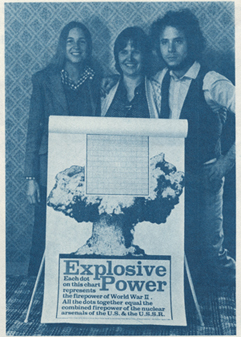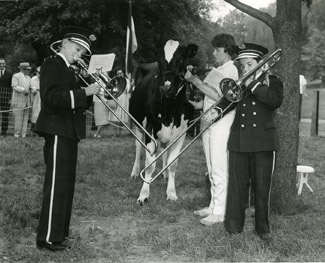Stephen B. Oates Papers
Stephen Baery Oates was born on January 5, 1936, in Pampa Texas, and earned a B.A., M.A., and Ph.D. from the University of Texas at Austin. He was a member of the UMass Amherst History Department from 1968 to 1997, when he retired. He authored consequential, award-winning biographies of major 19th and 20th century figures among his seventeen books on American history. As Paul Murray Kendall Professor of Biography, Dr. Oates held one of the first academic chairs in biography in the country. His many awards and honors include a Guggenheim Fellow, Christopher Award, Barondess/Lincoln Award, and a Distinguished Teaching Award from UMass among many others. Dr. Oates was a popular guest lecturer at colleges, universities, societies, and associations throughout the country, and made numerous appearances on radio and television, most notable in Ken Burns’ epic PBS documentary The Civil War. He consulted on projects for various commercial and university presses, as well as for the National Endowment for the Humanities. Dr. Oates was a member of the Society of American Historians, American Antiquarian Society, and Phi Beta Kappa. He died on August 20, 2021.
The papers of Stephen B. Oates document his career as a biographer and faculty member at UMass Amherst. Materials include research notes, correspondence, articles, drafts and proofs of publications, lectures and address, fellowship and grant applications, book reviews, teaching and course notes, awards and photographs.



